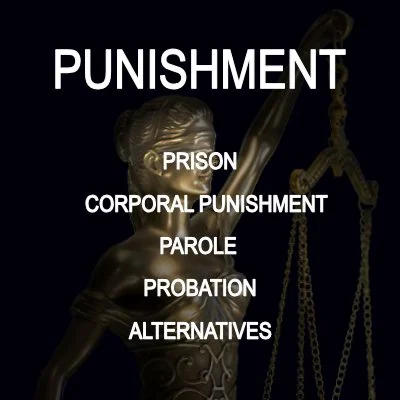By Howard League for Penal Reform
The prison system in England and Wales is running out of space, reaching record highs of more than 88,000 in recent months. Not only that but the Ministry of Justice (MoJ) has been flagging the likelihood of this happening in its prison population projections since 2021 (MoJ, 2021). Billions of pounds are being spent on new prison places but this will not be enough to match supply to demand. It is time for a new government to address the capacity problem head-on and determine a more positive future for the prison system. The problem is not going away, with the latest prison population projections estimating an increase by more than 30% within the next four years (MoJ, 2024c). The new Labour government has recognised that tackling the crisis must be an urgent priority, with the Prime Minister, Sir Keir Starmer, commenting at his first Downing Street press conference that “we have too many prisoners” (BBC, 2024). During the election campaign the Prison Governors’ Association (PGA) took the unprecedented step of writing to all the main party leaders, warning that “it is a matter of days before prisons run out of space, and that the entire Criminal Justice System stands on the precipice of failure. Within a matter of weeks, it will put the public at risk” (PGA, 2024). The Police Federation has also expressed concerns that police officers are being asked to hold people unlawfully in police custody because prison cells are not available (Police Federation, 2024). It has been suggested that Operation Brinker, a ‘one-in-one-out’ system, would be deployed as prisons approach zero capacity (iNews, 2024). The main driver behind population growth is an increase in the determinate sentenced population due to greater levels of prosecutorial activity, the court backlog, and changes in sentencing policy. Examples include changes to the timing of release for those serving certain determinate sentences (from release at halfway to two-thirds of the sentence) and the introduction of mandatory starting points or whole-life orders for certain offences. Such reforms mean that more people will spend longer in prison. Legislative reforms such as Schedule 21 (introduced in 2003) and responses to single-issue campaigns have introduced mandatory minimum terms for custodial sentences for certain types of offences (and in some cases have resulted in the creation of new offences). These political interventions have distorted proportionality in sentencing and driven up sentence lengths.
London: Howard League for Penal Reform, 2024. 19p




